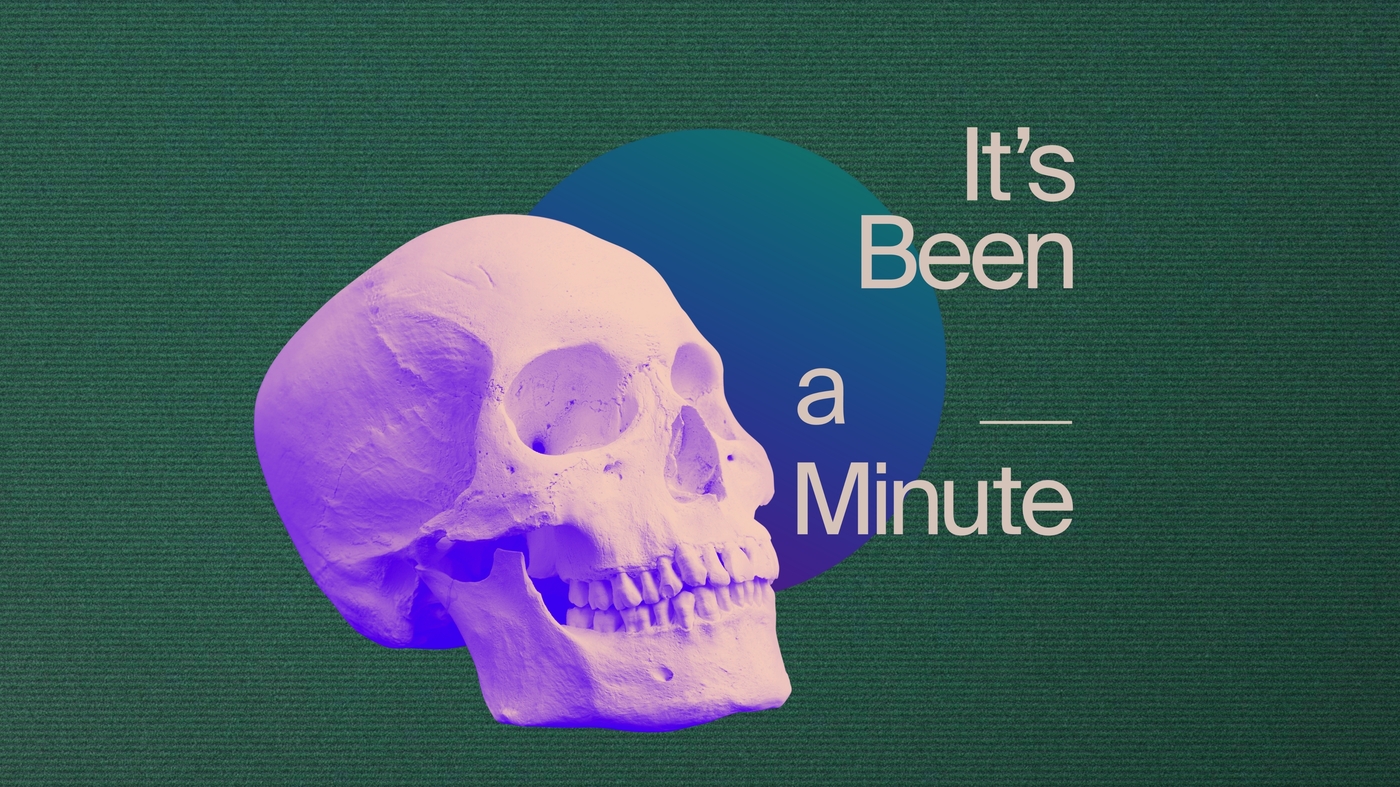Skull Science Scandal: How Racial Bias Continues to Distort Scientific Research

The Dangerous Allure of Face and Skull Pseudoscience
Can the shape of your skull or the look of your face reveal something profound about your character? Can they predict if you're a good parent, intelligent, or potentially criminal? The resounding answer is a clear and emphatic no.
Historically, some misguided scientists explored pseudosciences like phrenology and physiognomy, attempting to link physical appearance with personality traits and behavioral tendencies. These approaches were fundamentally flawed and scientifically baseless.
Interestingly, a peculiar trend is emerging: there's a growing fascination with these discredited theories. From bizarre concepts like "witch skulls and angel skulls" to fringe theories about skull geometry and controversial claims about facial recognition, people seem increasingly eager to categorize and judge others based on superficial physical characteristics.
In this exploration, Yale philosophy professor Lily Hu and Rolling Stone culture writer Miles Klee delve into the disturbing resurgence of these pseudoscientific ideas. They examine why such reductive and potentially harmful ways of understanding human identity continue to captivate public imagination.
The discussion highlights the critical importance of rejecting simplistic, unscientific approaches to human diversity and individual worth. Physical appearance tells us nothing meaningful about a person's character, potential, or inherent value.
